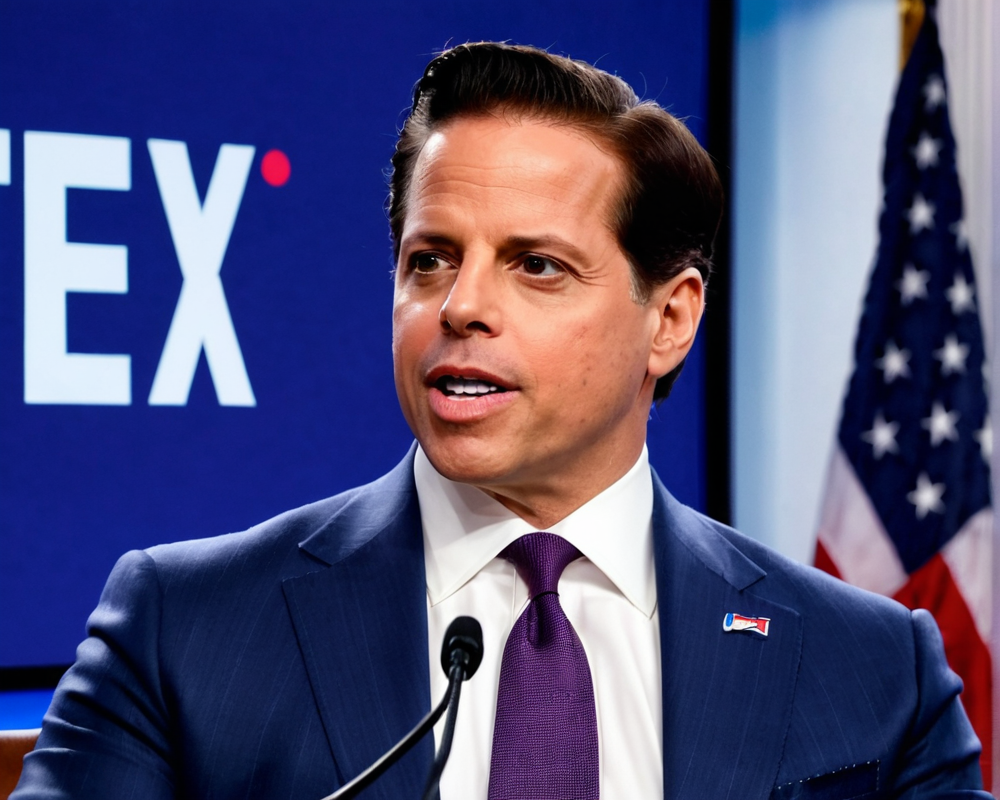Standing up Against Misinformation
In a spirited rebuttal, Nic Carter, co-founder of Coin Metrics, has pointed his digital finger at the Wall Street Journal (WSJ) for its recent article, “Behind the Bitcoin Bubble,” penned by Andy Kessler. Carter claims the piece resorts to what he describes as ‘journalistic malpractice.’ He argues that Kessler’s writing simply regurgitates an unverified narrative instead of delving into the actual data behind the claims regarding Tether’s role in Bitcoin’s price fluctuations.
The Tether Debate: The Unsung Hero or Culprit?
Kessler highlights an appealing perspective that Tether (USDT) drives Bitcoin’s value, basing his arguments on a viral post by an anonymous blogger known as CryptoAnon. Kessler cites this blogger alleging that up to two-thirds of Bitcoin purchases occur through Tether. Carter, however, points out that this framing relies heavily on questionable data extracted from CoinLib—a source he paints as dubious at best.
Data Dilemmas: The Case of CoinLib
Carter has a bone to pick with CoinLib’s methodology. He argues that it incorporates vast amounts of wash trading data from exchanges that carry little credibility. “Any serious trader knows that many exchanges in the CoinLib sample are not credible,” he explains. By taking CoinLib’s word at face value, Kessler and others may inadvertently mislead the public about the true nature of Bitcoin’s liquidity.
Bitcoin: More Than Just Numbers
While Kessler swipes at Bitcoin as merely “vapor”—a mere idea, devoid of substance—Carter responds by emphasizing the genuine value seen in Bitcoin. Beyond prices fluctuating like a seesaw at a carnival, he points out that reputable platforms also facilitate access to Bitcoin minus the ever-controversial Tether.
- Cash App
- Paxos
- PayPal
- Bitwise
- Grayscale
None of these players rely on Tether to offer exposure to Bitcoin, furthering Carter’s argument that Tether isn’t the dealmaker that mainstream media makes it out to be.
Let’s Talk Solutions, Not Speculation
Ultimately, Carter insists that the WSJ and other mainstream outlets need to investigate more rigorously and consider shedding some light on these wild theories that damage the credibility of the cryptocurrency sector. “This kind of speculative reporting dooms us all to a chase of shadows,” he warns.
The Call for Accountability
With the weight of his professional background at the forefront of this debate, Carter concludes with a call for corrections. “Erroneous news does no one any good,” he proclaims, urging the WSJ to retract its statements. As the crypto world continues to flourish, it’s sparkling clarity and accuracy in reporting that can empower investors rather than instill unfounded fears.




